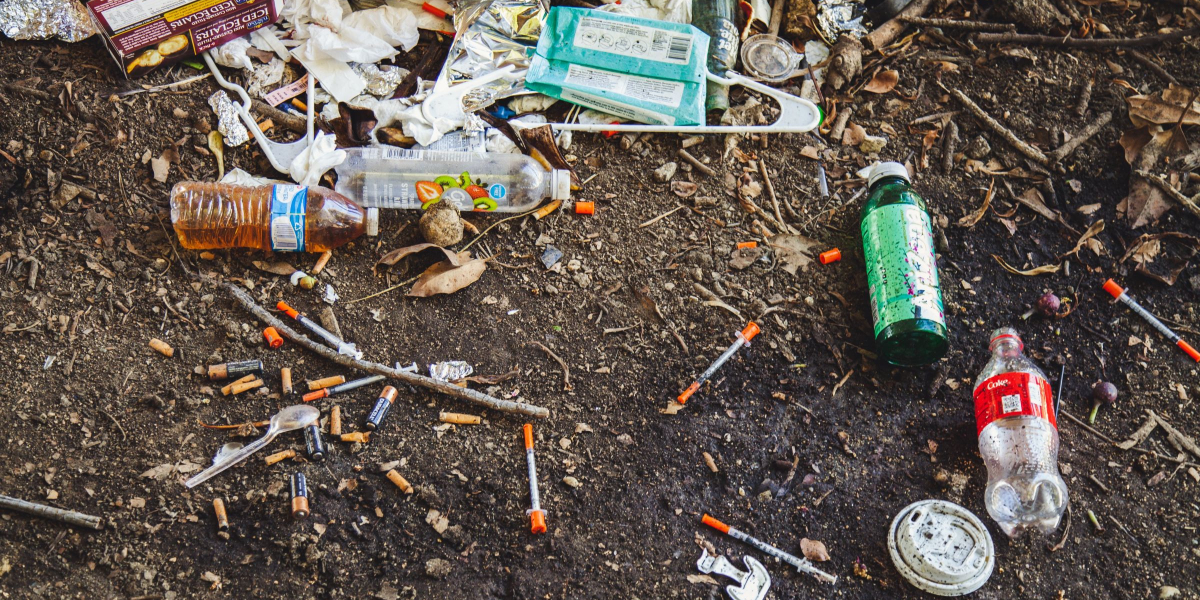Tackling Homelessness, Trash, and Safety Concerns: WA State’s Comprehensive Approach
Homelessness, litter, and safety concerns are pressing issues facing communities in Washington State. The state government, along with local authorities and community organizations, has implemented a range of initiatives to combat the impact of these challenges. By adopting a comprehensive approach, Washington aims to address the root causes of homelessness, manage waste effectively, and create safer environments for its residents.
- Homelessness Prevention and Housing Solutions: To tackle homelessness at its core, Washington State has prioritized prevention and housing solutions. The state invests in programs that offer financial assistance, rental subsidies, and temporary housing options to help individuals and families stay in their homes. Additionally, efforts are made to create more affordable housing opportunities and supportive services to aid those experiencing homelessness in finding stable accommodation.
- Supportive Services for the Homeless: Washington State recognizes that homelessness often goes hand in hand with other issues, such as mental health challenges, substance abuse, and unemployment. To address these complex needs, the state provides funding for various supportive services, including mental health counseling, addiction treatment, job training, and employment placement programs.
- Navigation Centers and Shelter Expansion: Navigation centers, also known as resource centers or low-barrier shelters, have been established in several cities across the state. These centers provide a safe environment for homeless individuals, offering a range of services, such as access to showers, laundry facilities, medical care, and case management. The state has also expanded emergency shelters to accommodate those seeking temporary refuge from the streets.
- Waste Management and Clean-Up Initiatives: The issue of trash and litter caused by homelessness is a serious concern. To combat this problem, Washington State has implemented targeted clean-up initiatives in public spaces and encampments. These efforts are carried out in collaboration with local organizations and volunteers to maintain cleanliness and hygiene in public areas.
- Affordable Housing Development: To address the shortage of affordable housing, Washington State has initiated various housing development projects. This includes the construction of low-income housing units, the rehabilitation of existing properties, and partnerships with nonprofit organizations to create housing options that are accessible to low-income individuals and families.
- Public Health and Safety Measures: Ensuring public health and safety is a top priority for Washington State. As part of this effort, local authorities work closely with public health departments to implement safety measures in homeless encampments, such as providing hygiene stations, trash disposal facilities, and medical outreach services.
- Collaborative Approach: Washington State’s response to homelessness, waste management, and safety concerns is driven by a collaborative approach involving government agencies, nonprofits, community organizations, and businesses. By bringing together various stakeholders, the state aims to pool resources, share expertise, and maximize the impact of its initiatives.
- Homeless Outreach Teams: To build trust and establish a connection with homeless individuals, Washington State deploys homeless outreach teams. These teams consist of social workers, health professionals, and volunteers who engage with the homeless population, offering assistance, resources, and referrals to appropriate services.
- Advocacy and Legislative Efforts: Washington State advocates for changes in policies and legislation to better address homelessness and related issues. This includes calls for increased funding for affordable housing, mental health services, and addiction treatment, as well as measures to protect the rights of the homeless population.
- Encouraging Community Engagement: The state encourages community members to get involved in addressing homelessness and its impact. Volunteer opportunities, community clean-up events, and support for local nonprofits are actively promoted to foster a sense of shared responsibility for tackling these challenges.
In conclusion, Washington State is taking a comprehensive and collaborative approach to combat the impact of homelessness, trash, and safety concerns faced by its communities. By prioritizing homelessness prevention, supportive services, affordable housing development, and clean-up initiatives, the state aims to address the root causes of these challenges. Additionally, through public health measures, advocacy efforts, and community engagement, Washington State is striving to create safer and more inclusive communities for all its residents.


